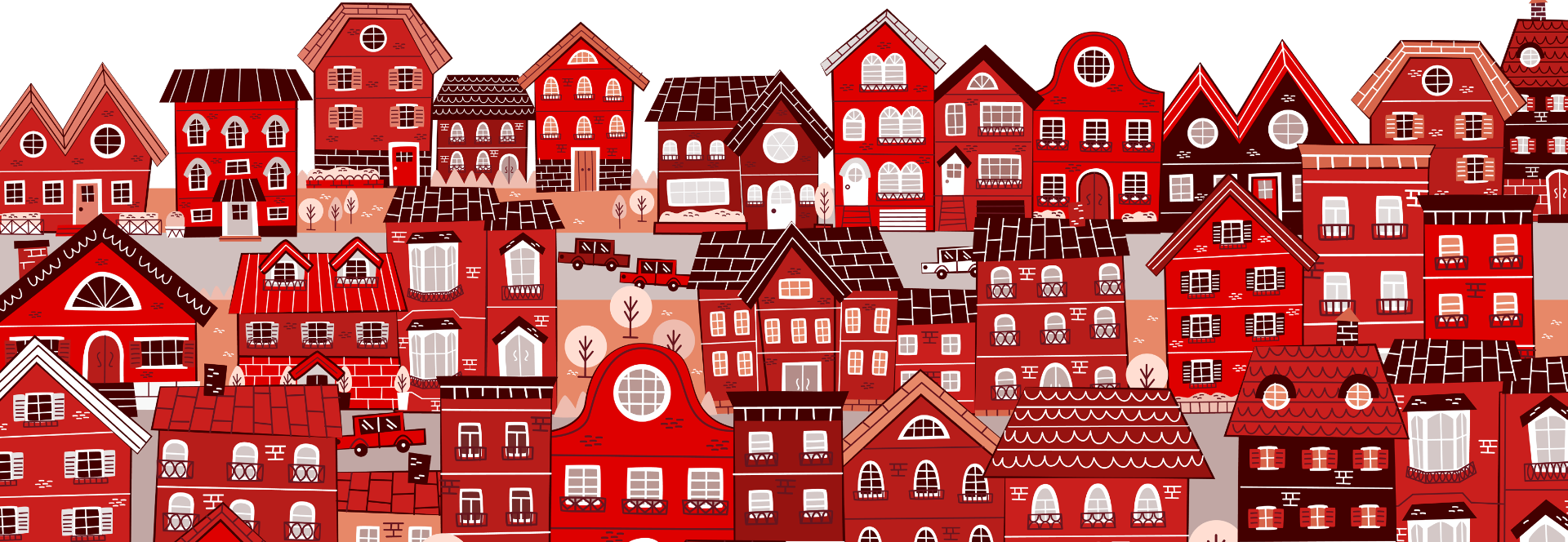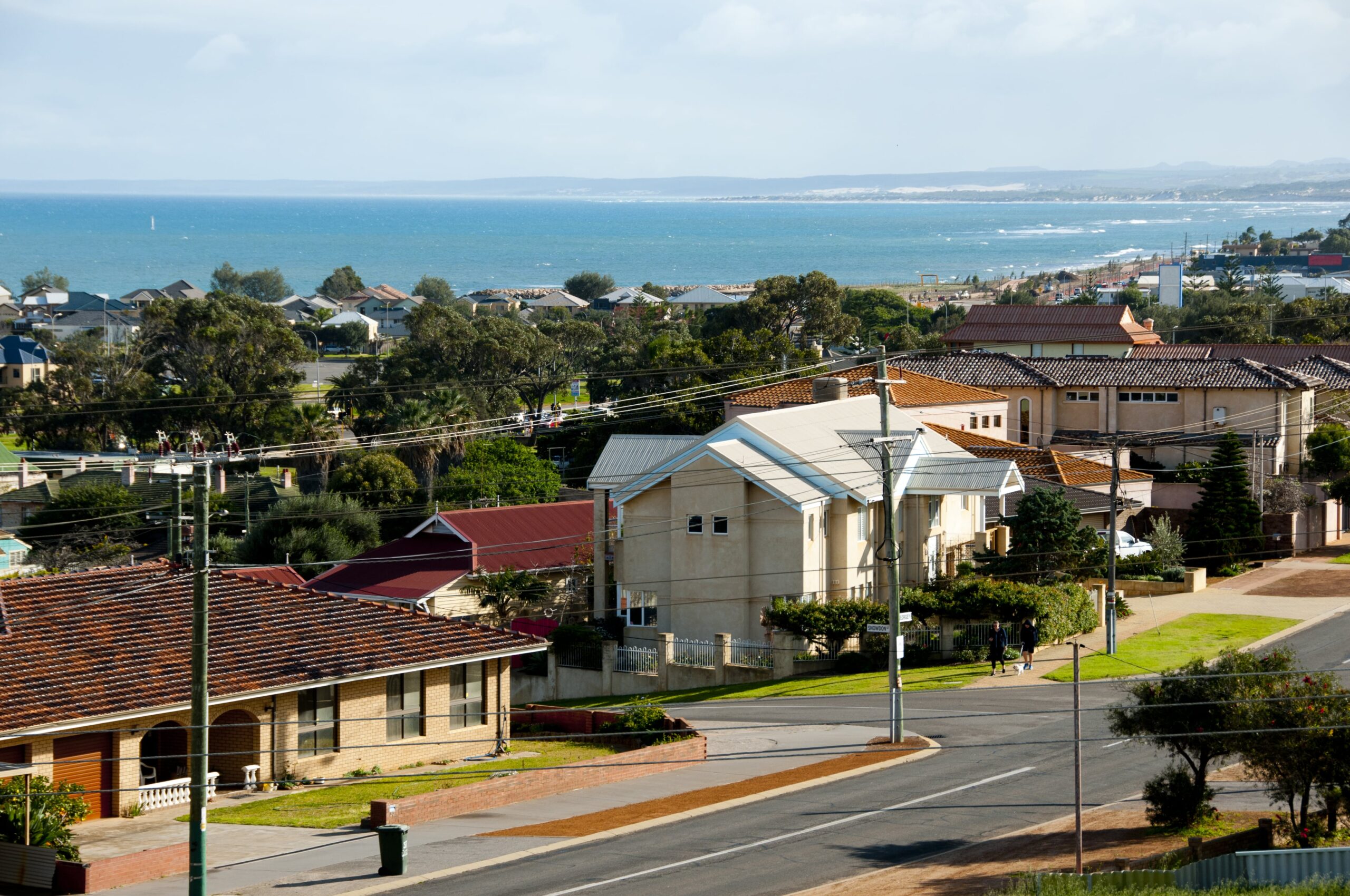
Should I Buy a House or Unit as an Investment Property?
It’s one of the first big questions Perth investors ask (and for good reason). Do you go for a house with land and long-term growth potential? Or a unit that’s easier on the budget and often delivers better rental returns?
Truth is, both can be smart investment moves. It just depends on your goals, your budget, and a few key trade-offs.
In this guide, we’ll break it all down with a local lens. We’ll cover capital growth, rental returns, ownership costs, lifestyle perks, and everything else you’ll want to weigh up before you buy.
Start by thinking about your investment goals
Before getting stuck into suburbs and floorplans, it’s worth asking yourself what are you actually hoping to get out of this property?
Some investors are in it for the long haul. They want capital growth, equity, and something they can sell down the track for a solid return. Others are more focused on rental income. They want something affordable that ticks along nicely and covers itself with change to spare.
Neither is wrong, but each suits a different type of property.
Thinking long-term? Capital growth matters
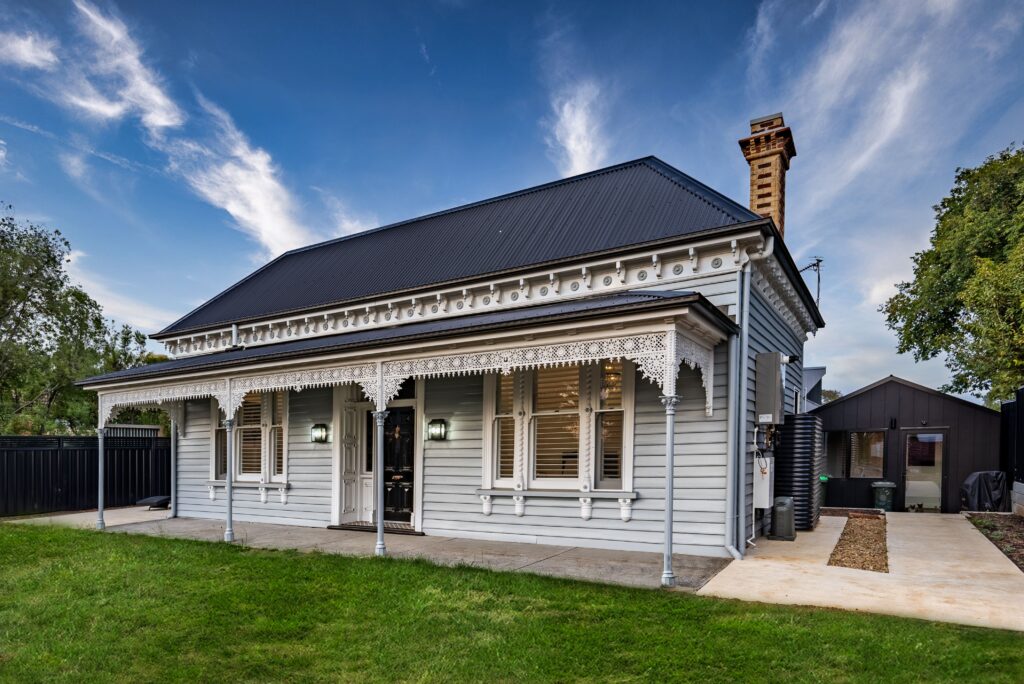
If your plan is to hold onto the property and watch its value grow, this is where houses often shine.
The big advantage? Land.
It’s the one thing they’re not making more of, and in real estate, land is usually what drives up a property’s value over time.
In suburbs like Yangebup, Atwell, or Hammond Park, we’ve seen house values climb steadily thanks to growing infrastructure and strong buyer interest. Units in the same areas can still grow, but without the land component, the gains are often smaller and slower. If you’re exploring options, browse our current houses for sale in Perth to see what’s available right now.
Houses also give you more ways to add value. This can be done through renovations, extensions, or even a granny flat.
If you’re all about long-term wealth building, a house might put you on a stronger growth path. It’ll take a bit more up front, but it often pays off down the track.
Chasing income? Rental yield is where units shine
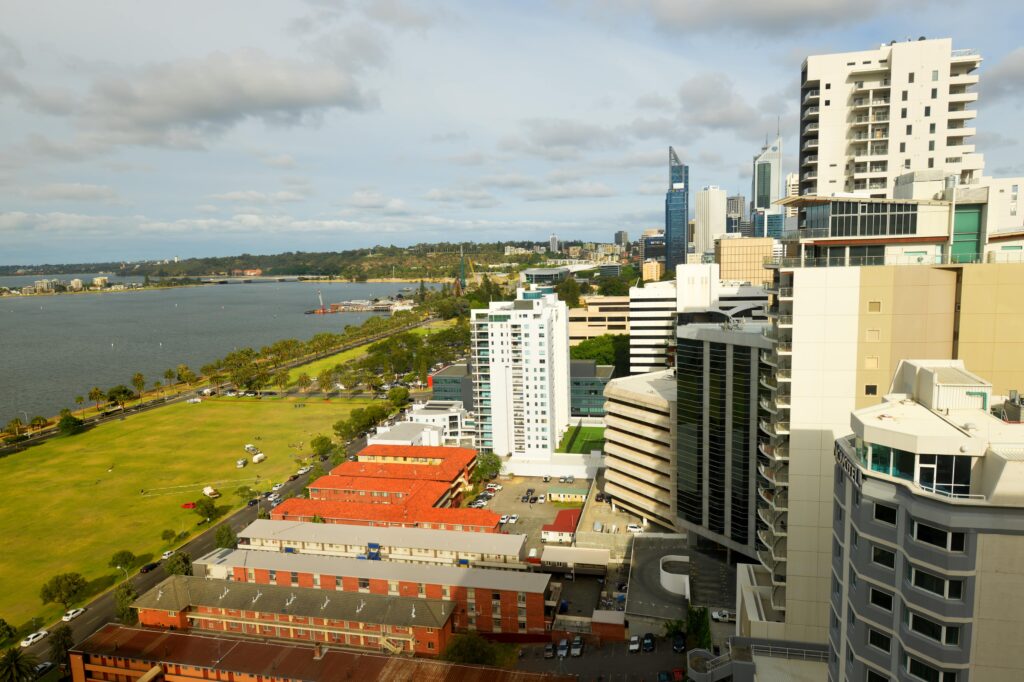
If regular income is high on your priority list, rental yield should be too — and that’s where units often have the edge.
Units typically have a lower purchase price but still pull in competitive rent, especially in areas close to shops, public transport, and city hubs. In suburbs like Cockburn Central or Success, there’s strong demand from young professionals, students, and downsizers who want location and low maintenance costs over backyard space.
Because of this, units often deliver a higher rental yield than houses in the same area. That means more money in your pocket each month, which can help cover the mortgage, build a buffer, or just give you some breathing room.
Of course, yield isn’t everything. You’ll still need to factor in vacancy rates, tenant quality, and how the property fits with your long-term plans. If you’re going down the rental income route, having the right property management in Perth can make a big difference, especially when it comes to keeping things stress-free.
What can you comfortably afford?
For most investors, the budget sets the tone. And when it comes to cost, houses and units are very different ballparks (especially across Perth).
Generally, units have a lower entry price. That means a smaller deposit, a smaller loan, and potentially quicker access to the market. If you’re just getting started, that can be a huge plus.
Houses cost more upfront, but you’re also buying the land beneath — and that’s where much of the long-term value sits. If your budget can stretch and you’re thinking big-picture, it could be worth the extra spend.
Our buy property in Perth tool lets you explore by location, price and property type, helping you plan your next move with confidence.
It also pays to remember how banks see these properties. Some lenders are cautious with smaller units, high-density blocks, or certain postcodes. A house often gives you a bit more borrowing power and flexibility.
Don’t forget about the costs you might not expect
Buying the property is one thing. Holding onto it is another, and this is where the real numbers start to show.
Houses usually come with higher ongoing costs. This is usually costs such as council rates, water rates, building insurance, maintenance, and sometimes land tax. You’re responsible for everything from gutters to gardens, so it’s wise to budget for the occasional repair or upgrade.
Units, on the other hand, come with strata fees. These cover building insurance, common area upkeep, and shared facilities like lifts or pools (if your complex has them). Sometimes there are extra levies too, which can pop up when major works are needed.
Neither option is necessarily cheaper across the board, since it depends on the property and how it’s managed. But the big difference is control. With a house, you decide when to spend. With a unit, those decisions are shared with the strata body.
Also worth noting that both houses and units come with potential tax perks, like negative gearing and depreciation. The finer details can be a little dry, but these strategies can make a real difference to your returns (and our team can help you understand how it all affects your bottom line).
How much control do you really want?
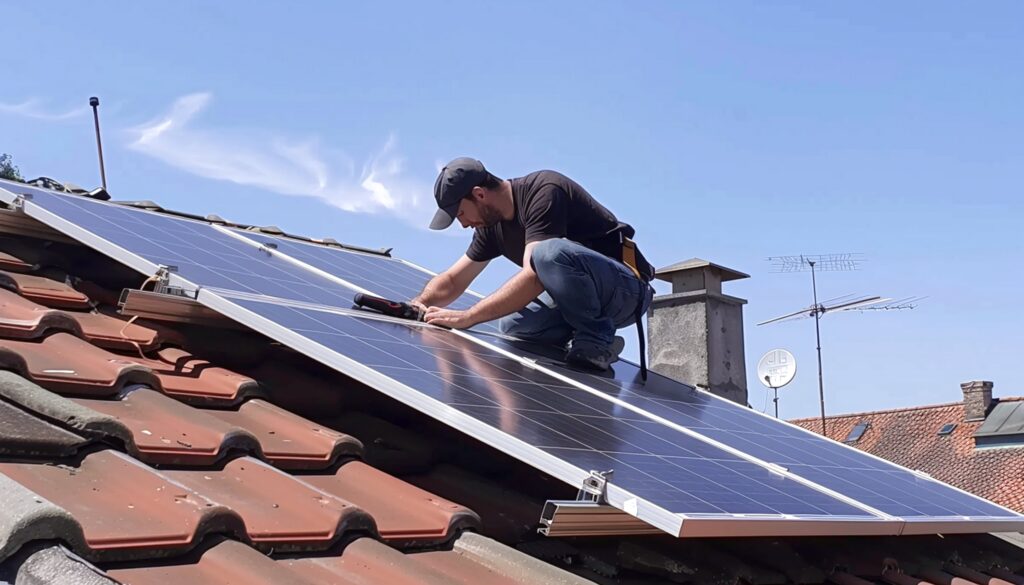
When you own a house, you’re in charge. Want to renovate the kitchen, build a deck, or add a granny flat out the back? As long as you tick the council boxes, you can go for it. That kind of flexibility can boost both your property’s value and its appeal to renters.
Units are a little more restricted. You might be able to make changes inside your walls, but anything structural, external, or even cosmetic in shared spaces usually needs strata approval. In bigger complexes, that process can be slow, and sometimes political.
This doesn’t make units a bad option, especially if you’re happy to keep things low-maintenance. But if you’re the kind of investor who likes to add value or have full say over your property, a house will give you a lot more freedom to do just that.
Lifestyle perks and long-term plans count too
Beyond numbers and returns, there’s the question of how the property fits into your life. Are you planning to live in it one day? Use it as a stepping stone? Pass it on to family?
Units are often the easier option when it comes to lifestyle. Less maintenance, no lawns to mow, and everything from cafes to train stations usually close by. They suit younger renters, downsizers, and investors who want something set-and-forget.
Houses, while more hands-on, offer space and flexibility that units can’t. They’re perfect for families, shared living, or anyone thinking ahead to future upgrades or owner-occupying. Plus, having a backyard never goes out of style.
If you can see yourself living there one day — or just want the option — it’s worth thinking about how the place fits into your lifestyle, not just your finances. The best investment works for your future as much as your bottom line.
So… should you buy a unit or house?
There’s no one perfect answer. Both houses and units have their pros and cons, and the right choice depends on what you’re actually aiming for.
Here’s a quick side-by-side to help you weigh things up.
| Feature | House | Unit |
| Upfront cost | Higher | Lower |
| Rental yield | Usually lower | Often higher |
| Capital growth | Stronger (land value) | Slower, but steady |
| Maintenance | All on you | Shared via strata |
| Renovation freedom | Full control | Limited changes |
| Strata fees | None | Ongoing cost |
| Land ownership | Full | Shared or none |
| Lifestyle fit | Great for families or long-term plans | Great for low-fuss investors and central living |
Again, a house might be right if you’re chasing growth, want full control, or plan to upgrade over time. A unit could suit if you’re focused on yield, affordability, and keeping things simple.
The key is to match the property to your goals, not the other way around.
Ready to make a move? Let’s keep it simple
You don’t need to have it all figured out today. But you do need the right info, a clear plan, and a team who knows what they’re doing.
If you’re ready to start the search, you can browse houses for sale in Perth or get in touch with our team for a no-pressure chat. We’ll walk you through your options, share what’s happening locally, and help you make a smart next move.
Related Articles

Is The Landlord Responsible for Pest Control?

The Best Suburbs to Retire in Perth


